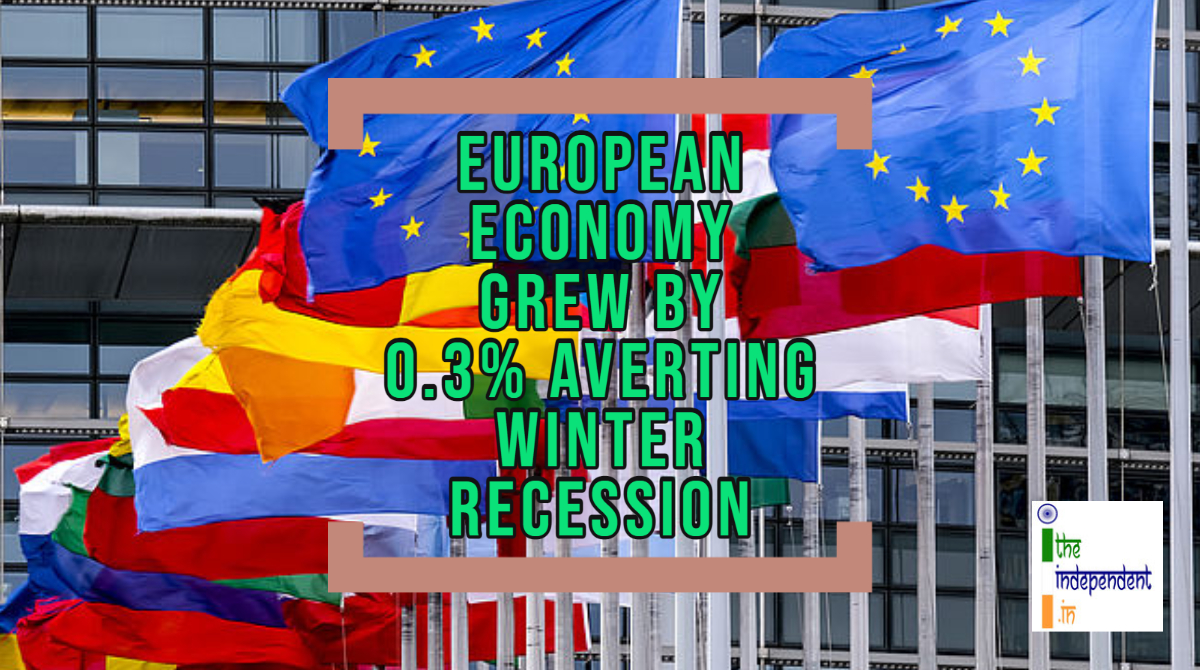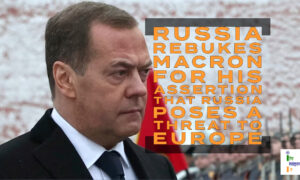
European economy reported a growth of 0.3% in the first quarter of 2023 despite ongoing Russia’s invasion of Ukraine and subsequent rising energy costs
The European economy reported a growth of 0.3% in the first quarter of 2023 as compared to the previous quarter, avoiding a recession over the winter, despite ongoing Russia’s invasion of Ukraine and subsequent rising energy costs.
Among the 20 countries that use the €, output increased 0.1%. During the last quarter of 2022, the Gross Domestic Product (GDP) fell 0.1% in the European Union (E.U.) and was flat in the Eurozone.
The latest numbers mean the region narrowly dodged a recession, which is technically defined as two consecutive quarters of economic contraction.
However, economists and investors have warned that Europe is not out of the woods. They expect that economic activity will be hit hard later this year as the run-up in borrowing costs dampens households’ and businesses’ appetite for credit and weakens consumer demand. There are also concerns that tumult in the global banking sector could make it harder to access loans.
Speaking on the occasion, a Senior Economist at Germany’s Commerzbank – Christoph Weil said, “We consider it unlikely that this marks the beginning of a sustained economic revival. In the second half of the year the massive rate hikes by central banks worldwide are likely to apply the brake on growth.”
Earlier, the European Commission had forecasted that both the bloc and the euro zone would enter a technical recession over the winter, and that growth wouldn’t return until the spring. But unseasonably warm weather and a pullback in energy prices provided some relief. The reopening of China’s economy late last year has also been beneficial, since many European businesses are big exporters to the country.
Germany, the E.U.’s largest economy, stagnated during the first 3 months of this year. France saw a growth of 0.2%. While Spain and Italy reported a growth of 0.5% quarter-over-quarter, Portugal’s economy saw a growth of 1.6%.
Looking ahead, demand for goods and services across the region is expected to dwindle as higher interest rates gradually feed through to the real economy. Even as Europe recovers from the energy crisis, the tighter monetary policy which has followed hard on its heels will weigh on investment and consumption.
Meanwhile, the International Monetary Fund (IMF) called on the European Central Bank to keep raising interest rates until the middle of 2024 to fight persistent inflation. If rates are pushed higher for longer, that would take a toll on the region’s economy.







